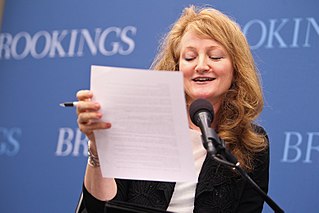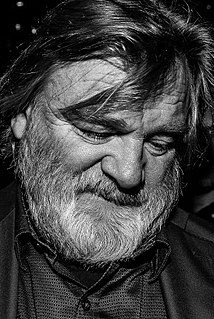A Quote by Krista Tippett
How we carry what has gone wrong for us is essential to being at home in ourselves, and present to the world with all of its failings.
Related Quotes
Worldviews have four elements that help us understand how a person's story fits together: creation, fall, redemption, and restoration. "Creation" tells us how things began, where everything came from (including us), the reason for our origins, and what ultimate reality is like. "Fall" describes the problem (since we all know something has gone wrong with the world). "Redemption" gives us the solution, the way to fix what went wrong. "Restoration" describes what the world would look like once the repair begins to take place.
How can we satisfy ourselves without going on in infinitum? And, after all, what satisfaction is there in that infinite progression? Let us remember the story of the Indian philosopher and his elephant. It was never more applicable than to the present subject. If the material world rests upon a similar ideal world, this ideal world must rest upon some other; and so on, without end. It were better, therefore, never to look beyond the present material world.
We can carry the burden of hurt throughout our lives. We can make the hurt that we have experienced the defining aspect of our stories of ourselves. That means that somebody else gets to say who we are, somebody else gets to decide how we feel, and somebody else gets to decide how we see the world. Forgiveness not only frees us from the burden of someone else's opinion of us, but it allows us the opportunity to really write a story of ourselves that we can love, enjoy, relish, and live into.
Out of the house and on my own, I faced the fact I didn't much like who I was. I didn't like my judgmentalism; I didn't like my absolutism. I didn't like my repression of natural empathy, my pinched lack of emotional generosity. How I had been thinking politically had less to do with what was wrong with the world and more to do with what was wrong with me, with my fears and insecurities, failings, weaknesses.
































